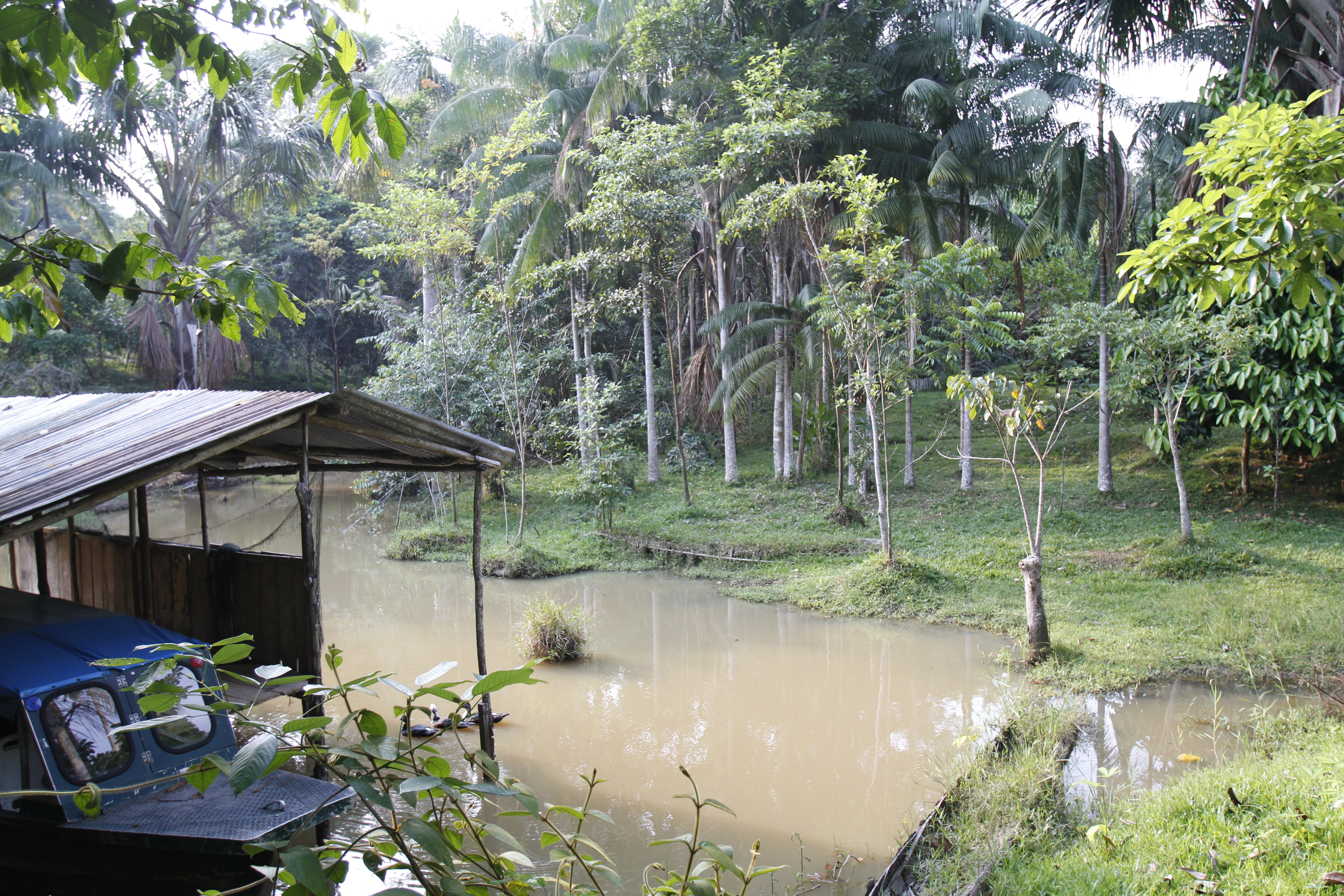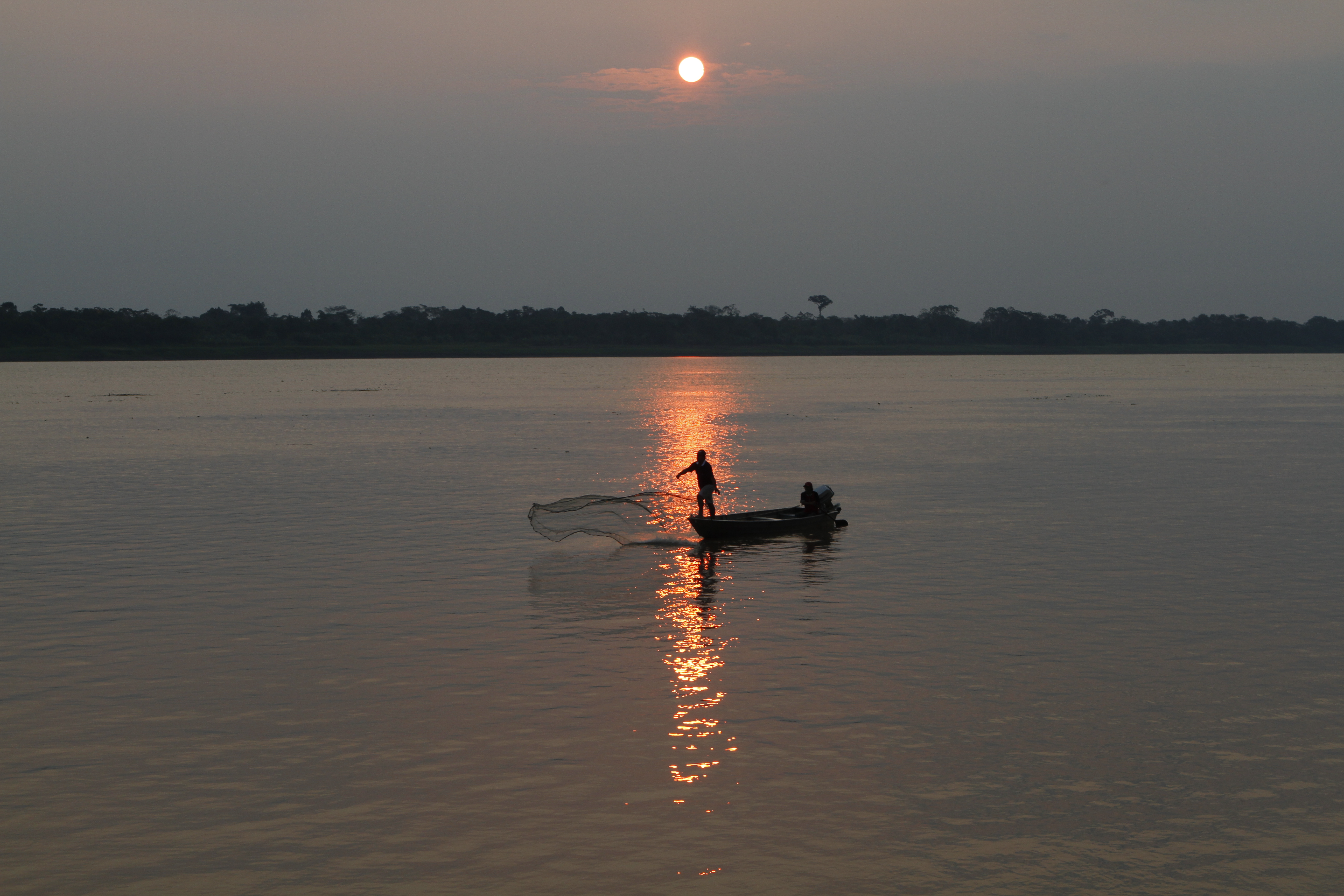Tag Archives: healthcare
After four days of rest at home, it was rather surreal to get back out on the road again. Four days is a strange amount of time – it’s not enough time for you to completely settle in, but it’s just enough time to throw you off your traveling mode. Nevertheless, it was much needed and it felt routine when we returned to the airport. Just another flight, another immigration control, another taxi ride, another hotel. In fact, it felt so routine that I didn’t even really realize that I was in another country. There was no great sense of wonder or excitement arriving in Lima – perhaps because I had been there before. But it was a different story when we arrived in Iquitos. I was in the Amazon jungle now.
Iquitos is supposedly the world’s largest city that is not connected by road to any other city. You can only get there by plane or by boat. Bustling with “motokars” (auto-rickshaws) and every type of boat you can imagine, it’s hard to believe that this “jungle city” of 200,000 people is as isolated as it is. It was there that we met our subject, Gina Low, who founded APECA Peru – an organization that aims to preserve the Amazon rainforest and its inhabitants through helping the indigenous communities develop sustainable methods of living. We traveled with her to APECA’s base camp, El Fundo, a lush jungle property with an exotic locale, right on the banks of the Amazon river. The trip itself was no simple task – commuter boats along the Amazon only depart when they’re full of people, as gasoline is expensive, so there’s no telling when you’ll leaving or when the boat will come back if you happen to miss it. But there’s nothing like gliding down the Amazon, marveling at its width when what you think is the other bank is actually just an island. It certainly is a memorable experience.
Luckily I got to travel down the Amazon quite a few times, as we visited several villages along the river that APECA has worked with. Gina has been in the region for over 17 years, building relationships with the locals, so it was no surprise that she was received so warmly everywhere we went. She and her partner Pablo Guerra, the director of APECA’s programs, have been bringing much-needed free healthcare to the villages, and carrying out various projects that encourage healthy and sustainable living – constructing clean water systems, building latrines, starting reforestation projects, teaching sustainable fishing and turtle farming, training members of the community to be healthcare educators, etc. It was promising to see some of those projects in place and the individuals that have really run with them – like Teresa, who planted 700 trees that the community can share and use the wood to build their homes with. But it was also difficult to see the conditions that the people live in, and what’s worse, to know that they are complacent with such poverty and will never expect it to ever improve.
In one of the villages, my mom and I were trying to film a community meeting, and many of the children were standing in the way of the camera (wouldn’t you, if you had never seen such a crazy-looking thing before?). To get them to step aside, my mom said “beep beep,” as in a car horn, and instead of moving they started giggling uncontrollably and repeating the sound over and over again, like it was a funny word. I realized that they might not know what we were referring to, so I explained to them that that is what a car horn sounds like. Their faces were blank and I thought oh, they’ve probably never seen a car in their lives, so they have no idea what I’m talking about. So then I said that some boats also make this sound – again, blank faces, and I realized that the only boats they’ve ever seen are dugout canoes and small rowboats with outboard motors. That’s when it really hit me – most of these kids will probably never leave this village in their lives. They will never know what a car is, they will never hear the sound of a horn, and they will never have the opportunities and privileges that most kids in the U.S. squander away without a second thought.
I guess my message here is that despite the plentiful mosquito bites and the lack of running water and electricity, my visit to the Amazon has been an enlightening experience and has shown me, once again, to never take my life and the opportunities I have had for granted.














